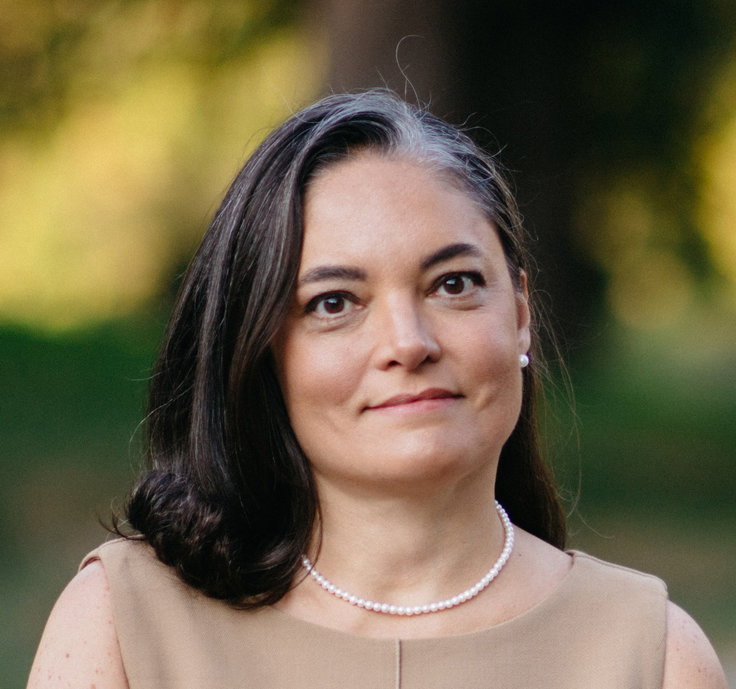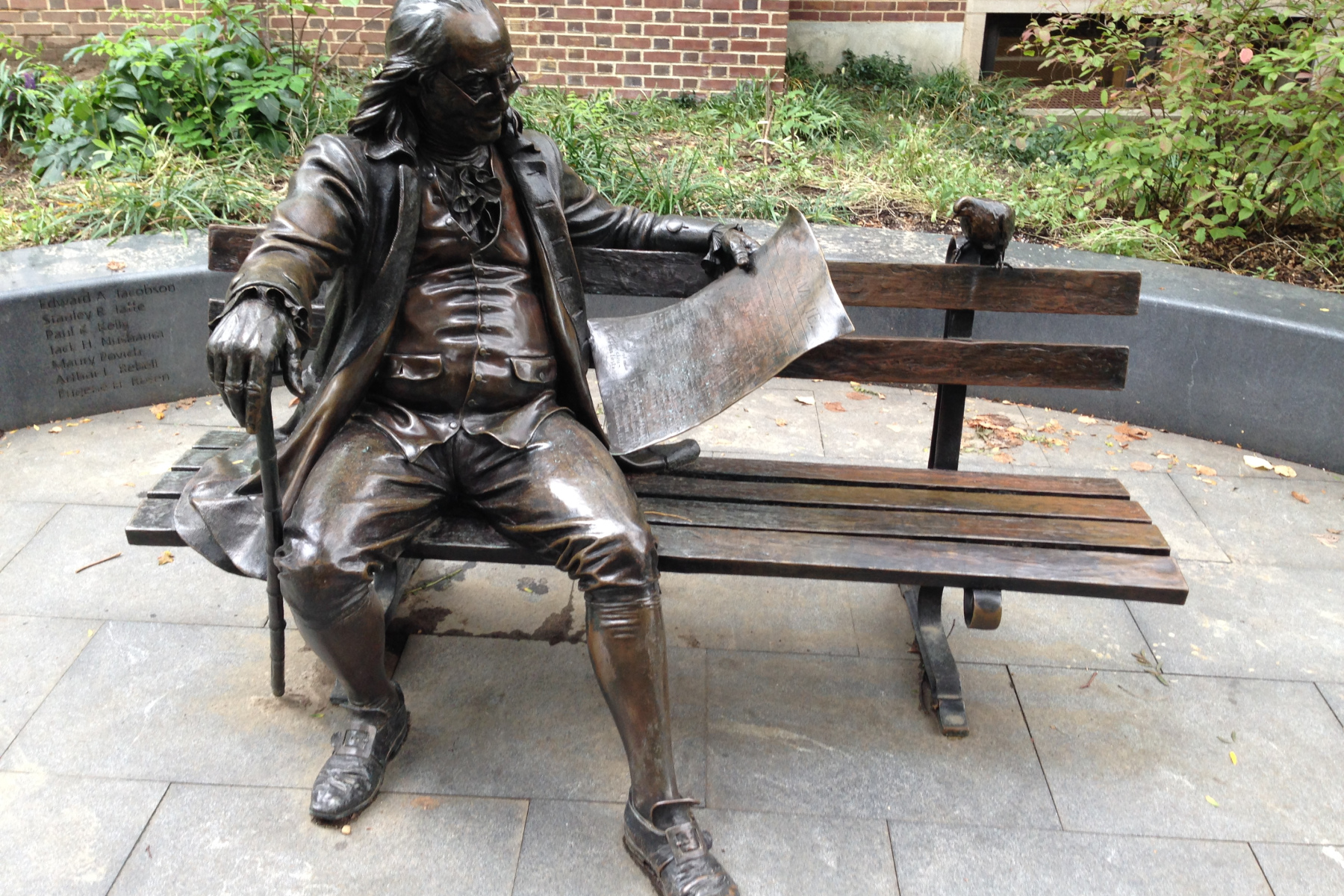Welcome to our special section, Thrive on Campus, devoted to covering the urgent issue of mental health among college and university students from all angles. If you are a college student, we invite you to apply to be an Editor-at-Large, or to simply contribute (please tag your pieces ThriveOnCampus). We welcome faculty, clinicians, and graduates to contribute as well. Read more here.
I was diagnosed on campus. I was alone. Far from home and friends and family. I had reached the pinnacle of my academic achievements with exciting career opportunities ahead. My family was very proud and had high hopes.
Initially I had been a bit overwhelmed with the intense academic competitiveness, but it had been going well, proceeding as planned. Yet I was deeply depressed. It wasn’t any one thing in particular. I dismissed it. I convinced myself that I should feel happy. I was certain it would pass. I carried on with a smile. But “it” was taking a toll on me. I was withdrawing further and further. My motivation was slowly grinding slower. Then I could barely drag myself out of bed. I couldn’t focus in class, on my assignments. Everything seemed harder, unbearable.
I didn’t tell anyone. I didn’t know how to explain what I was feeling. Maybe they’d think I couldn’t “hack it,” that I was making an excuse, looking for attention.
One day, I built up the courage to visit my school’s on campus counseling and psychological services office. I saw a therapist for a brief visit. She told me I likely had depression and referred me to an outside psychiatrist. I was glad that it was off-campus. I worried that I might bump into other students in and around that building, that they’d know what I was there for.
I met with that psychiatrist. He made it official. My depression diagnosis only confirmed what I had already suspected, but it didn’t make it any easier to accept it. I imagined my friends and family thinking less of me, that there was something wrong with me. I started thinking that I didn’t deserve to be in the same class as my classmates in this program. I even thought of those who told me I’d never get here, I wasn’t good enough. My insecurities reopened. I thought, they were right. I started to feel like an imposter.
I made it to the end of the school year, summer break, a prestigious summer position. My condition persisted. I had been medicated, but I called it quits after two weeks. My condition slowly morphed into something more aggressive fueled by existing and new stresses.
I became restless, driven to address some social issues I cared about, more outspoken, and sometimes disruptive in class. It became increasingly uncontrollable.
I was forced to return to counseling and psychological services. I was angry. In minutes, they diagnosed me with bipolar disorder.
This time, I was shocked. Depression I knew; bipolar I didn’t. How could I have something that I didn’t even know existed? I wanted to talk about things that were going on in my life, that could have maybe explained things — the stresses of social injustice, a sexual assault by a friend and classmate, academic stress, career issues, family illness, the things that might have helped me come to terms with the diagnoses. But people only cared about it — bipolar, an illness, not me. Again I was medicated. This time, I gave it a month. I didn’t see an effect. I went cold turkey. I had an awful, miserable, unbearable time. I know now, it wasn’t my depression nor my bipolar that was putting everything I had worked so hard to achieve at risk — it was me. I refused to accept that I had an illness, I believed that I couldn’t live with mental illness. I say this with the deepest of regret. Not accepting that diagnosis of depression and then bipolar is the biggest regret of my life.
I completed my program thanks to the unwavering support of a few — my significant other (now spouse); my family; an amazing friend, Nuno, who refused to let me remain isolated; a wonderful advisor from academic affairs, Jane, who never stopped reaching out to me, who remembered me on my birthday and gave me the best hug I’ve ever received on the field during our commencement ceremony; a remarkable vice-dean, Anjani, who showed a depth of understanding. Perhaps most of all, at my lows on campus, I found great comfort in the advice of my favorite professor, Professor Kleindorfer. Beyond being a brilliant teacher, he brought calm and serenity to my stormed filled life back then. We spoke about my challenges. He assured me that my present would not necessarily determine my future. In the classroom, he was no different. He knew I was struggling. He helped me get through his class and all the others. The love and support that I received when I was ill saved me from myself. I am lucky that not everyone let me push them away.
It took me a long time to learn how to happily coexist with my mental illness. Once I did, I wanted to help others like me. I took these on campus experiences to heart when I developed ForLikeMinds — my online peer support community for people living with or supporting someone with mental illness. I identified four early challenges to accepting my diagnosis: being diagnosed on campus away from my support network, not wanting to speak to anyone about my mental illness, not knowing anyone on campus with mental illness, and not knowing anyone in my program with mental illness who could relate to the stresses of my program.
Based on these experiences, I built ForLikeMinds to allow students with mental illness to anonymously connect one-on-one and in groups with others on the same campus and in the same program. Connecting with others in similar situations would have helped address many of the challenges I experienced. We hope it will be a complement to the many wonderful on campus mental health programs that have been developed since I was a student. We hope it will help many students especially in those critical early days when faced with a mental health issue or diagnosis.
Subscribe here for all the latest news on how you can keep Thriving.
More on Mental Health on Campus:
What Campus Mental Health Centers Are Doing to Keep Up With Student Need
If You’re a Student Who’s Struggling With Mental Health, These 7 Tips Will Help
The Hidden Stress of RAs in the Student Mental Health Crisis


